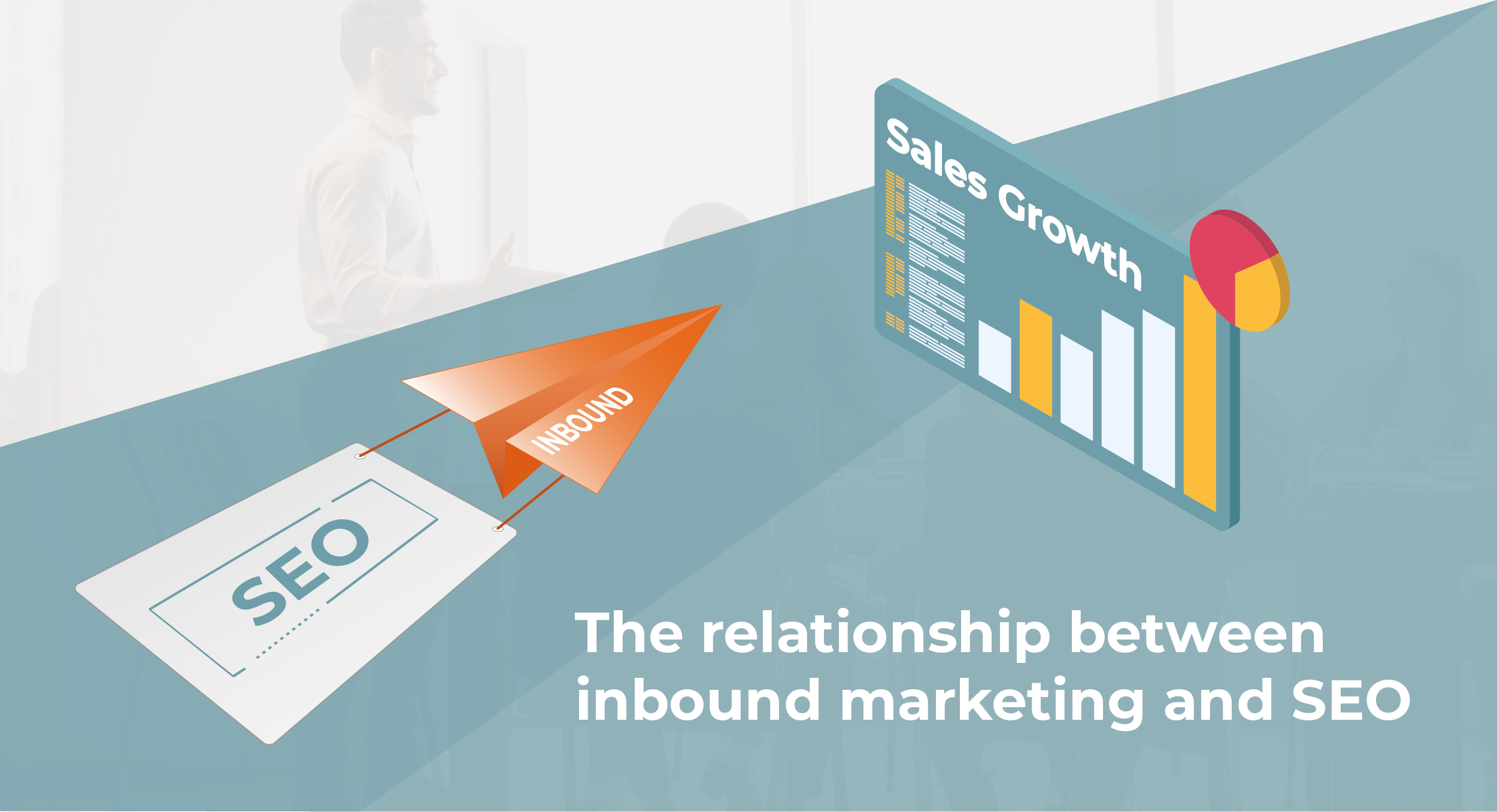Is inbound marketing different than SEO? Can they work together? Are they the same thing? So many questions, so much confusion, right? Inbound Vs. SEO is a question that comes up rather a lot. So, let’s look at both and investigate this comparison in depth to see if they really are the same or different and what value they bring to your digital strategy.
What Is Inbound Marketing?
Inbound marketing strategy focuses on attracting customers and prospects rather than you having to go to them. This is achieved by creating a relevant and engaging content to solve the problems they have. The key focus here is on creating content, which is attractive, engaging and provides the right solution to their problems or needs. “Attract, Engage and Delight” is the methodology behind inbound marketing.
Examples of inbound tactics – blogging, email marketing, social media, white papers, webinars, eBooks, videos, landing pages, chatbots and many more.
What Is SEO?
SEO, short form for Search Engine Optimisation, focuses on optimising your website for search engines including Google, Yahoo and Bing. The key objective is to attract organic traffic by increasing the ranking/position of your website in search engine result pages (SERPs). In recent years SEO has become much more user focused. It’s all about identifying your users needs and making sure your website is presented in a positive way to meet their needs, which in turn helps you to get higher rankings, drive that organic traffic to your website and generate quality leads.
Technically SEO is divided into three parts – technical SEO, on-page SEO and off-page SEO. In simple words, it is Technical and Content.
The Relationship Between Inbound and SEO
Thanks to Google, nowadays SEO is content-driven, and this is where it overlaps with inbound marketing. Long gone are the days when you would just do technical SEO and stuff the pages with keywords to get higher rankings. Now creating high-quality content which meets the searcher’s intent must be the methodology behind SEO.
When creating content for an inbound strategy, it is necessary to understand what your customers are looking for, what the popular search terms are and what relevant topics are being discussed. Keywords/topic analysis and research, which is a vital part of SEO, helps you to create a compelling content plan for your inbound strategy.
Not to be forgotten, SEO also helps to get your content seen! If your blog posts, landing pages, white papers etc are not optimised with the correct keywords, or the topic is not relevant to your audience, or your website loading time takes too long or its domain authority is not in the top range, you will not attract much inbound traffic.
Which Is Better, Inbound or SEO?
Inbound marketing is a growth strategy and improving your SEO is an important tactic to successfully achieve it. Both SEO and inbound marketing can be used separately, and you will see results. However, they work much better as a team, like fish and chips or cheese and red wine. By including SEO in your inbound strategy, you will achieve a lot more.
To find out more about how to incorporate SEO into your inbound marketing efforts, please get in touch.



